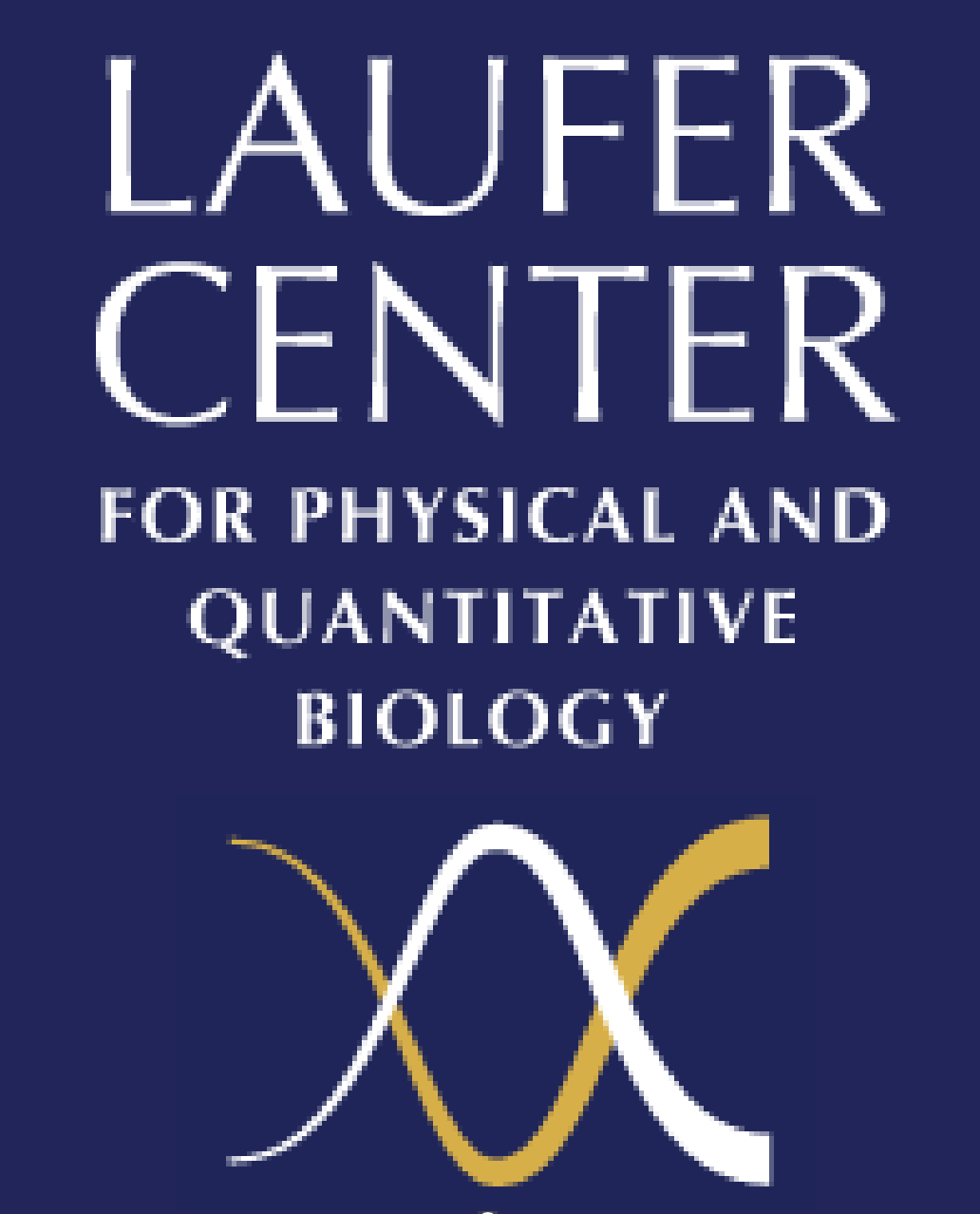Events Calendar
Fitness is a many-splendored thing: molecular basis and ecological consequences of selection on multiple microbial growth traits
The effect of selection on a mutation is often assumed to be summarized by a single fitness objective. However, it is often not obvious how to combine the large number of traits characterizing cells into such an objective. For example, mutations in a microbial population can increase the abundance of a genotype not only by increasing its exponential growth rate, but also by adjusting its lag time or resource efficiency. Numerous studies show widespread genetic and non-genetic variation in these traits. We first explore the molecular basis of this variation by considering a set of mutations in the essential metabolic enzyme adenylate kinase (ADK). We find not only that these single mutations affect multiple growth traits in E. coli, but also that lag times are more sensitive than growth rates to reduction in intracellular ADK activity, suggesting selection for lag time played a more significant role in ADK’s evolution. We then develop a simple quantitative model to understand how selection acts on this variation. The model predicts how the environment modulates the outcome of a competition when there is tradeoff between growth traits, which we verify experimentally with the ADK mutant strains. The model furthermore shows that variation in multiple traits generates frequency-dependent selection, enabling diverse communities of strains to stably coexist, as well as non-transitive selection and higher-order ecological effect


